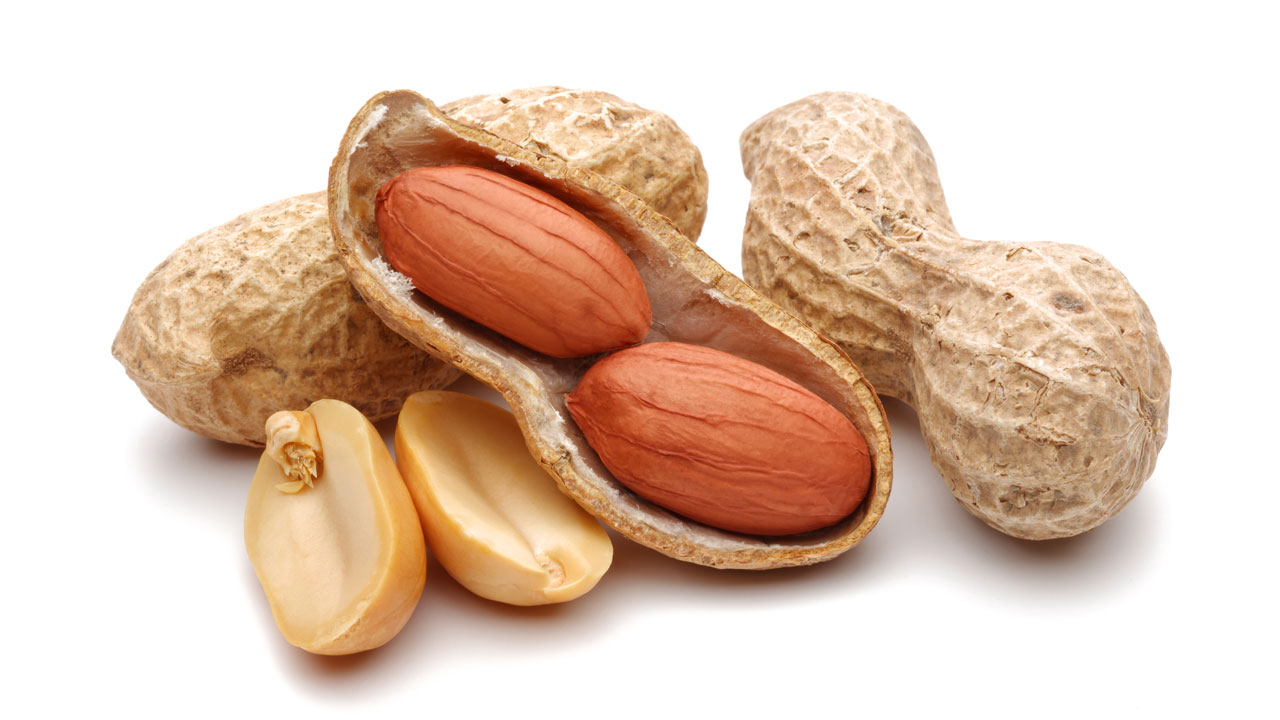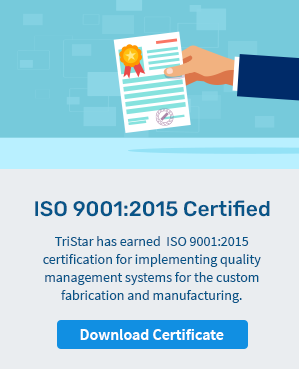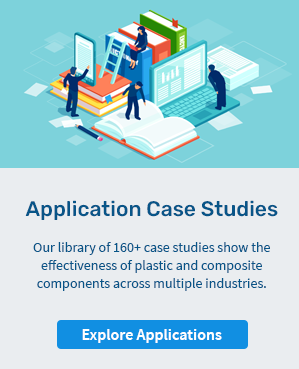2 min read
Food Bearings for Peanut Processing: Solving a Lubrication Challenge
![]() Dave Biering
January 12, 2026
Dave Biering
January 12, 2026

Following up on our post about food bearings and the Food Safety Modernization Act, we’re diving into one of the toughest food-processing environments: nut processing. It’s a topic that has some serious implications for manufacturers, and we’ll continue to follow new developments.
Whether peanuts, almonds, or pistachios, nut cracking and husking generate large volumes of fine dust. For bearings, this is a significant challenge, especially for lubricated metal bearings.
Why Greased Metal Bearings Fail in Peanut Processing
Metal bearings require grease for lubrication. But in dusty environments like peanut processing, grease acts as a dust magnet. Over time, fine peanut dust builds up inside the lubrication film. This leads to:
- Thickened dust layers
- Reduced clearance between the shaft and bearing
- Bearings seizing and equipment shutting down
The result? Increased downtime, contamination risks, and costly maintenance cycles—major headaches for food manufacturers operating under strict FSMA requirements.
Self-Lubricating Bearings: A Cleaner Food-Safe Solution
To address this challenge, Tristar recently partnered with a major peanut manufacturer to retrofit several pieces of processing equipment. The solution: self-lubricating, food-grade bearings.
Unlike greased metals, self-lubricating plastic bearings run clean and dry. With no excess grease, there’s no lapping compound to collect dust. This means longer bearing life, lower contamination risk, and more reliable equipment operation.
Materials Used in Peanut Processing Applications
We combined different self-lubricating materials to meet the needs of this high-dust, high-impact environment:
Ertalyte® TX
- Excellent wear and abrasion resistance
- High mechanical strength under load
- Superior lubricity without additional greasing
- Good release properties for sticky food applications like pasta or dough
Ceram P
- High load capacity and impact resistance
- Ideal for impact plates in nut cracking stations
- Performs in dusty, abrasive environments
Rulon® (Food-Grade Formulas)
- FDA-compliant options for direct food contact
- Outstanding low-friction properties
- Used in nut processing trays and brake pads
- Versatile material family designed specifically for demanding industries
Resource: View our Rulon® Comparison Chart to explore food-grade formulations.
Key Takeaway: Custom Solutions Beat One-Size-Fits-All
This project demonstrates an important principle: the best solution is often a combination of bearing shapes and properties. Each piece of food-processing equipment has unique demands, and material selection should reflect those requirements.
At Tristar, we recommend working with a food-grade bearing partner who offers both in-stock and custom bearing options. This ensures fast delivery, FSMA compliance, and reliable long-term performance.
Why Food Manufacturers Trust Tristar
For over 40 years, Tristar has been helping food processors solve lubrication and contamination challenges. Our customers benefit from:
- Expert material selection for compliance and performance
- Custom food bearing solutions built to match equipment demands
- Reliable delivery from our extensive in-stock inventory
- Decades of industry trust across food, beverage, packaging, and medical manufacturing
Want to learn more? Let’s talk about your food bearing needs!









